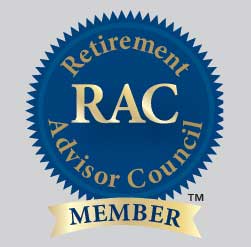
FINANCIAL WELLNESS PROGRAMS FOR EXECUTIVES

CONTRIBUTORS
Jeb Graham CEBS®, CIMA®, CPFA®
CAPTRUST Financial Advisors
Chair, Editorial Board
Jason Burlie
Prudential Retirement
John Curry
CAPTRUST Financial Advisors
Marcela Curry
Milliman, Inc.
Matt Demet CEBS®, CRA®, CRC®
LPL Financial
Robert Massa AIF®, CBC, ChFC, CEBS®
Qualified Plan Advisors
Michael R. Paris, AIF®
Paris International
Mike Reilly
Empower-Retirement
Daniel Schatz
Hartford Funds
Courtenay Shipley, CRPS®, AIF®, CPFA
Retirement Planology
Rich Sotell CFP®
Kraematon Group
SUMMARY
C-suite executives and upper tier management (collectively, “Executives”) earn top compensation, both to reward them for their talent and contributions, and as an attraction and retention tool by their employers. However, despite their high earnings, and even because of them, Executives face unique financial challenges and financial stress that is apt to impact their job performance. These unique financial challenges include maintaining a socio-economic lifestyle that they consider commensurate with their position, regardless of earnings, and saving enough to continue to support that lifestyle in retirement. Limitations on contributions to workplace defined contribution plans by ‘highly compensated employees’ and lower percentage of earnings replaced by Social Security benefits contribute to the financial challenges of Executives.
According to a recent study, 51 percent of investors who have total investable assets of $500,000 or more report concern about being financially secure in retirement, and 46 percent are worried that their portfolios are not properly tax optimized.1 The Urban Institute research reveals that one in ten high income families have no retirement income at all.
THE BIGGEST FINANCIAL CONCERNS OF AFFLUENT INVESTORS1
1 French, Sally, The No. 1 Financial Fear Among Rich People Should Have You Seriously Concerned, MarketWatch, 2017,
Summary continued...


 About The Council
About The Council




































